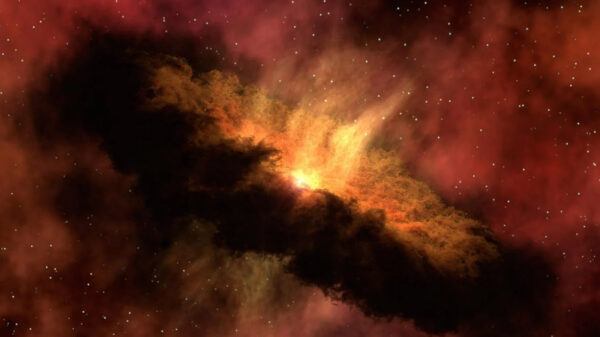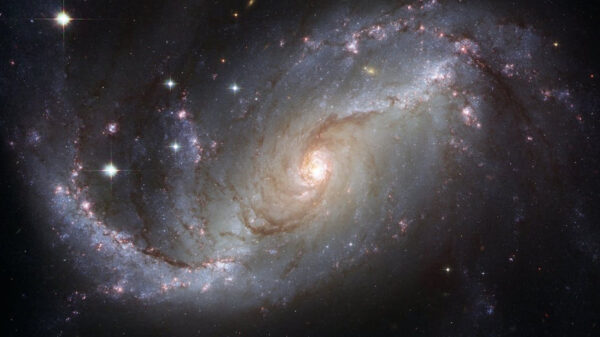In our Rapid Response series, we tackle common concerns about (and objections to) the Christian worldview by providing short, conversational responses. These posts are designed to model what our answers might look like in a one-on-one setting, while talking to a friend or family member. Imagine if someone made the following claim: “Christians the story of Jesus is true, but the case for Christianity seems complicated. It seems to rely on several lines of evidence. Doesn’t this mean the case is weak and lacks a single definitive proof?” How would you respond to such a statement? Here is a conversational example of how I recently replied:
“Well, let’s say, as a detective, I was going to investigate you as a suspect in a case, and I had a witness who said, ‘I saw him do it.’ OK, great. That’s one piece of evidence, not bad so far.
Now, of course, if I had more evidence, that would be even better, right?
What if your fingerprints and DNA were also discovered at the scene, you made statements to implicate yourself before and after the crime, and your behavior (as later observed) seemed to implicate your involvement?
If this were the case, I’d have a lot more evidence from different categories; some direct evidence (the statement of the eyewitness) and some indirect evidence. These are the kinds of evidences that make a cumulative case convincing. It’s not just that we have lots of evidence pointing to the same conclusion, but it’s also that the evidence is from a variety of sources and categories.
Well, the case for God’s existence is very similar. I can identify eight pieces of evidence in “God’s crime scene.”
For example, the evidence in this case includes the origin of the universe and the fine-tuning of the universe, two cosmological pieces. We also must consider the appearance of life in the universe and the appearance of design in biology, two biological pieces of evidence. In addition, we must add the existence of consciousness and free agency, two mental pieces of evidence. Finally, we must consider the existence objective moral values and evil, two moral pieces of evidence.
These are very different categories. Some are revealed through sciences, others through philosophy. There is a lot of evidence to consider, and the different categories of evidence point to the same reasonable inference. There’s one common causal factor that could explain all eight pieces of evidence in four very different categories, the same way you might’ve been the one common causal factor that would explain all the evidence in the case I was first making against you. In that first case, you were the most reasonable inference.
In a similar way, if God (as the one common causal ‘suspect’) can explain all of these attributes of the universe, He is the most reasonable inference.
The evidence in the universe, based on this cumulative case, points to a divine intruder, a cosmic creator, an all-powerful, all-knowing God who is non-material, non-spatial, non-temporal, creative, the source of information in the DNA, the conscious mind who chooses freely, provides the basis for moral law, and sets the standard for righteousness. That kind of Being would explain all the evidence we see in the cumulative case.
The evidence in the universe points to a cosmic creator, an all-powerful God who is non-material, non-spatial, non-temporal. Click To Tweet
And that’s why the cumulative evidence matters. It’s points to God as the most reasonable inference.”
This brief answer was modified from my interview with Bobby Conway. To learn more and watch many other short answers to difficult questions, please visit the One-Minute Apologist website.
J. Warner Wallace is a Dateline featured cold-case homicide detective, popular national speaker and best-selling author. He continues to consult on cold-case investigations while serving as a Senior Fellow at the Colson Center for Christian Worldview. He is also an Adj. Professor of Christian Apologetics at Talbot School of Theology, Biola University, and a faculty member at Summit Ministries. He holds a BA in Design (from CSULB), an MA in Architecture (from UCLA), and an MA in Theological Studies (from Gateway Seminary).








































Robert Landbeck
August 6, 2022 at 7:06 am
” provides the basis for moral law, and sets the standard for righteousness.” Probably not!
While it is all too easy to say, ‘sure I believe in God’, it is what follows that gets tricky. For believing in God, itself, I would suggest, has no value at all. It should go without saying that humanity appears to be heading for it’s own self made hell in a hand cart. And the fact that the Doomsday clock is only 90 seconds from midnight nor that talk of extinction, even including our species, hardly gives one confidence that there is a greater wisdom at work. And that’s the rub. for if those religions that would pretend to speak for God or Christ, offered a sound basis for moral law or true Biblical righteousness, we would not be in the cutlural and global mess that is so self evident today. Without questioning the potential for God, the ambiguity of the all too human theological construct that history calls religion does not come close to reflecting or approaching the greatness of that ideal.
Jeff
August 11, 2022 at 6:51 am
The fact that people reject a belief does not invalidate that belief. Surgeons resisted the belief that washing hands before surgery protected their patients, but they were wrong, and the new understanding was right.